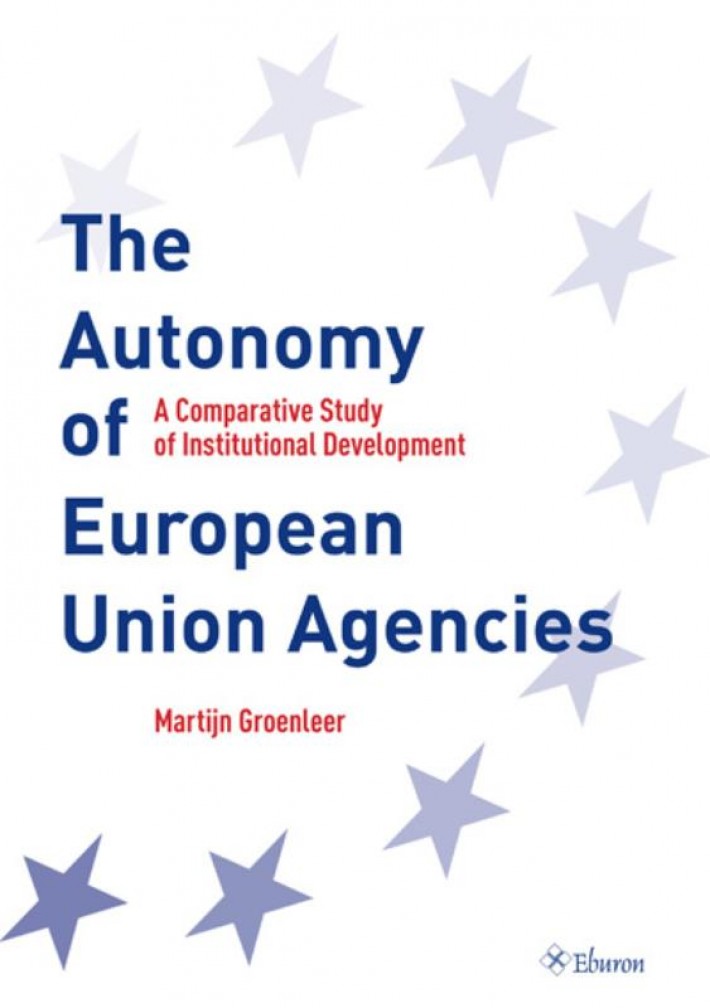dit werk kent de volgende uitvoeringen
Paperback
ISBN9789059723467
verschijningsdatum10/12/2009
verschijningsdatum10/12/2009

The creation of European Union agencies is arguably one of the most prominent institutional innovations at the EU level in recent history. Especially since the early 1990s, the EU and its member states delegated a wide range of (semi-)regulatory, monitoring, and coordination tasks to a quickly growing number of agencies. Most existing research focuses on the creation of these agencies. As a result, we do not know much about how agencies develop after their creation. EU agencies are formally independent, but do they also behave autonomously in practice? How does actual autonomy vary across EU agencies and how does this affect the role these agencies play in the multi-level system of European governance?
This study addresses these questions theoretically and empirically by comparing six EU agencies the European Medicines Agency (EMEA), the European Food Safety Authority (EFSA), the European Environment Agency (EEA), the European Monitoring Centre for Racism and Xenophobia (EUMC), Europol and Eurojust. It shows how some of these agencies develop into relatively autonomous entities by acquiring a distinct organisational character and by generating support from actors in their environment, whereas other agencies do so to a much lesser extent or not at all.
This book provides a wealth of empirical information on EU agencies and a clear understanding of the nuts and bolts of EU governance through such agencies. It will appeal to scholars studying delegation and regulation, multi-level governance, and bureaucratic politics in the European Union, as well as the wider community of public administration students, organisational analysts and political scientists. It offers practitioners working in both national agencies and international organisations valuable insights into the mechanisms of institutionalisation.
Martijn Groenleer is an Assistant Professor of Public Administration in the Faculty ofTechnology, Policy and Management at Delft University of Technology, The Netherlands.